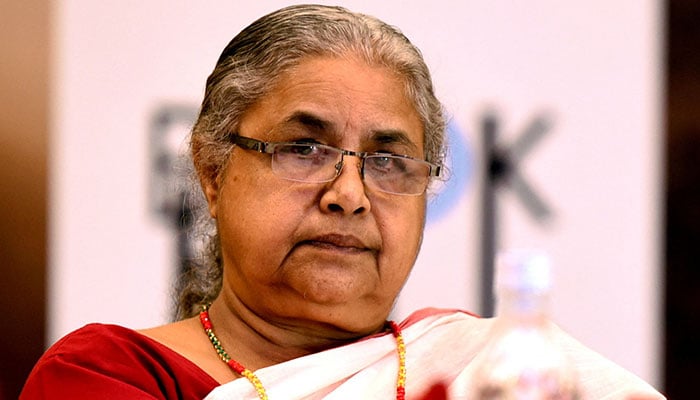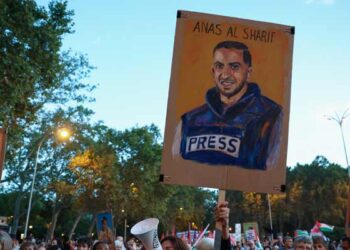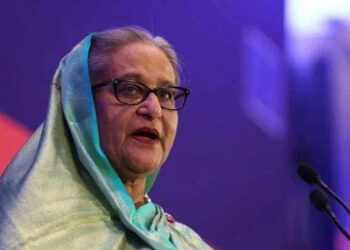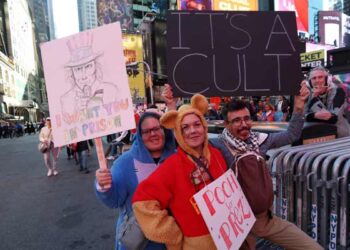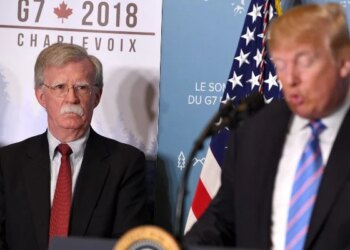Select Language:
Nepal’s former Chief Justice Sushila Karki is set to become the country’s first female interim leader. She will be sworn in later on Friday after Prime Minister KP Sharma Oli resigned due to violent anti-corruption protests, according to the president’s office.
The announcement came following talks between President Ramchandra Paudel, Army Chief Ashok Raj Sigdel, and protest leaders, who organized Nepal’s most significant unrest in years. This week, anti-graft demonstrations by the “Gen Z” movement—named for the age group of most supporters—resulted in 51 deaths and over 1,300 injuries. The protests started after a social media ban, which has since been lifted, and violence only eased after Oli stepped down on Tuesday.
Karki, who is 73, is scheduled to take her oath at 9:15 p.m. local time. Reports indicate that two other ministers will also be sworn in alongside her. She is highly regarded for her honesty and integrity, with supporters, including protesters, favoring her as a figure who staunchly opposes corruption. Karki previously held the top judicial role for approximately a year until mid-2017.
Nepal has faced ongoing political and economic instability since abolishing its monarchy in 2008. With a population of 30 million, many Nepalis seek work abroad to support their families, contributing significantly through remittances.
On Friday, the country was gradually returning to normal. Shops reopened, vehicles returned to the streets, and police replaced their earlier weapons with batons. Families began reclaiming the bodies of those killed during the protests. Some roads remain blocked, but the military presence has decreased.
Karuna Budhathoki, waiting at Kathmandu’s Teaching Hospital to retrieve her 23-year-old nephew’s body, explained, “While his friends backed off from the protests, he decided to go ahead. We were told he arrived dead.”
Another young protester, Ashab Alam Thakurai, 24, who had married just a month prior, also died. His relatives recounted that he stayed involved in the protests even after they lost contact with him. His uncle, Zulfikar Alam, said, “The last time we spoke, he told us he was stuck in the protests. Then we found his body in the morgue.”

